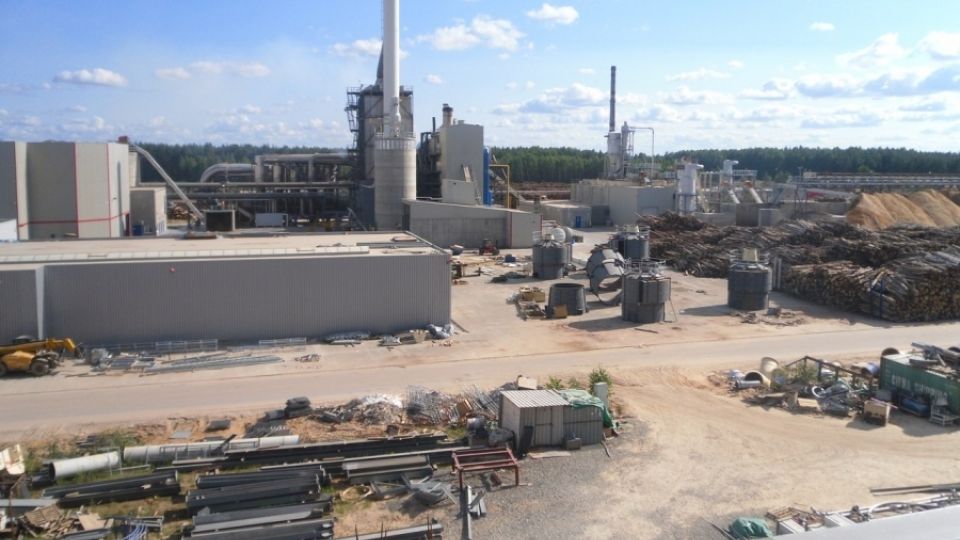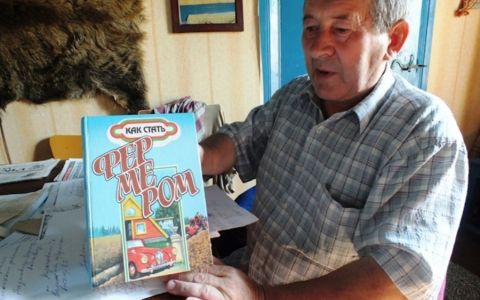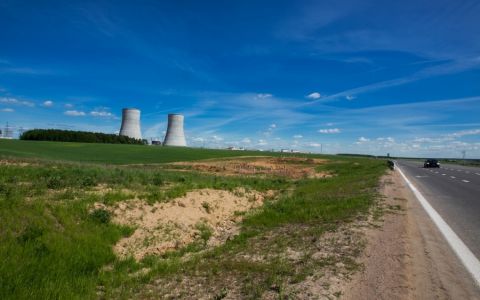Kronospan is an international company that manufactures and distributes wood-based panels which are used in applications including flooring, furniture and timber-framed houses. This biggest wood-based panel producer in Europe is based in Jihlava, Czech Republic, and has operations in 30 countries including Belarus. In Smorgon, Grodno region, Kronospan planes to massively expand production.
Numerous fines for violation of environmental standards
The enterprise in Smorgon exists since 2012. The loan of $ 500 million for the construction was approved by the European Bank for Reconstruction and Development. Since that time the bank believes that the concern adheres to the principles of fair business. However the local people from Smorgon and the surrounding villages of Danyuszewo, Zablotje, Rybaki, Koreni, Markovtsy and Zhodishki have a different experience: they regularly suffer because of the unpleasant odor, dust and noise. In the rating of Grodno Regional Committee of Natural Resources and Environmental Protection, Kronospan is one of the leaders in the number of fines for violation of environmental standards. Penalties for the plant in 2015 amounted to 83 million Belarusian rubles. In April 2016, inspection specialists fined the enterprise for the production of laminate and chipboard by 103 million Belarusian rubles. Inspectors are sure that Kronospan is guilty of pollution of the Viliya River.
Local residents refuse further expansion
The public hearings on new construction were held from February 10 to March 13, 2017. After the hearings citizens sent a collective appeal to the Smorgon District Executive Committee. In the letter, they noted that the inhabitants of Smorgon and the villages within a 5-km radius of the Kronospan enterprise already feel the harmful effects of production. Therefore, people oppose the deployment of another environmentally unsafe enterprise in the district. As representatives of ecological organizations note, even before the implementation of the project, the background content of pollutants such as solid particles of carbon monoxide, nitrogen dioxide, phenol and benzapyren exceeded the average annual maximum of allowable concentration. The EIA report does not provide a calculation of emissions of heavy metals and persistent organic pollutants and does not include a calculation of the long-term impact of the planned industrial production on the forest fund. The report incorrectly calculated the release of formaldehyde from the plant when burning formaldehyde-containing waste. An assessment of possible adverse effects (noise, vibration and other types of harmful effects) on habitats of species included in the Red Data Book of Belarus and subject to special protection has not been made. More than 2,000 tons of wood ash waste containing formaldehyde and heavy metals are planned to be shipped to the local testing site annually - this is about 15% of the average annual amount of waste now. After the implementation of the planned design solutions, emissions of mercury and its compounds into the atmospheric air will increase 14 times. According to the Belarusian law, it is not allowed to locate, design, construct and operate facilities that contain pollutants with emissions exceeding the standards for the respective territory.






